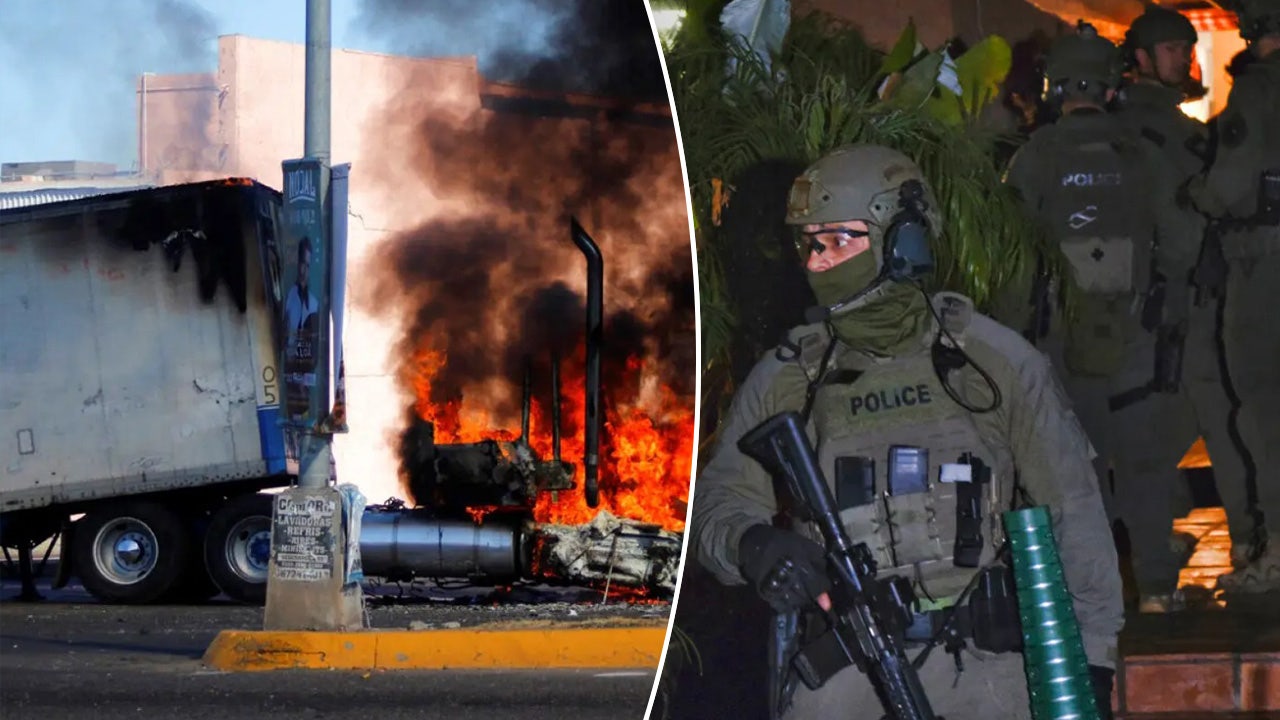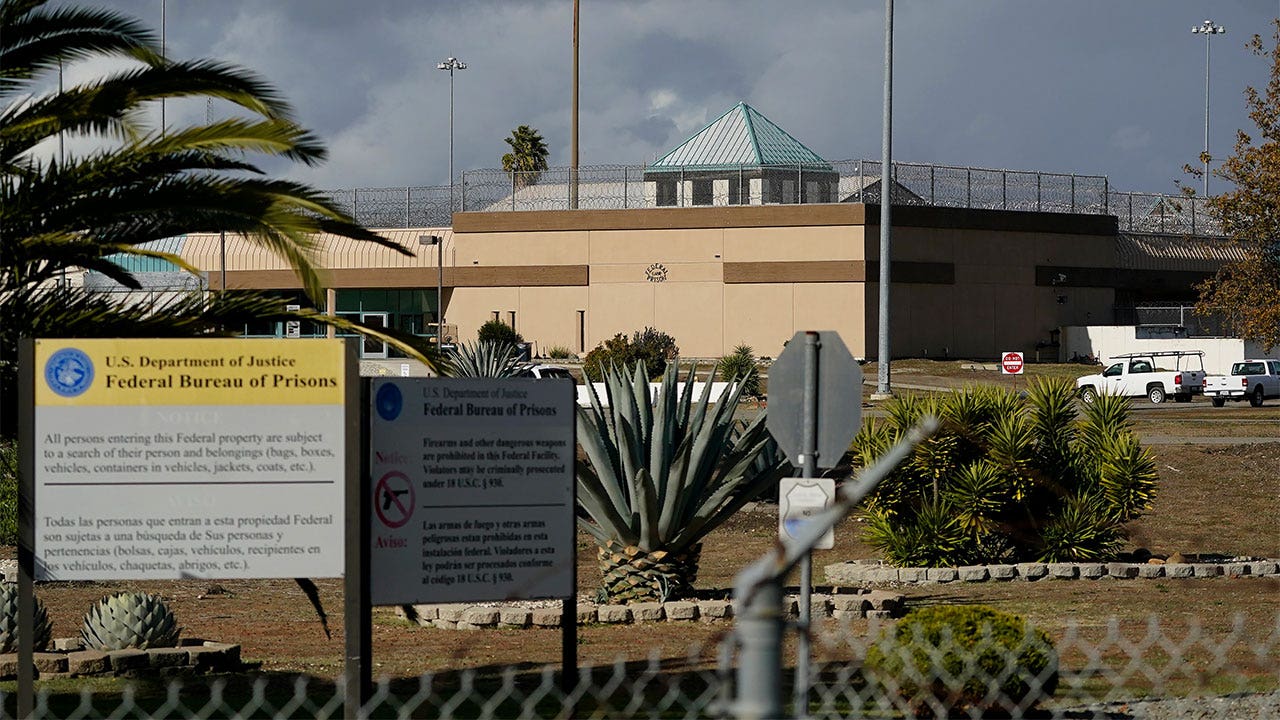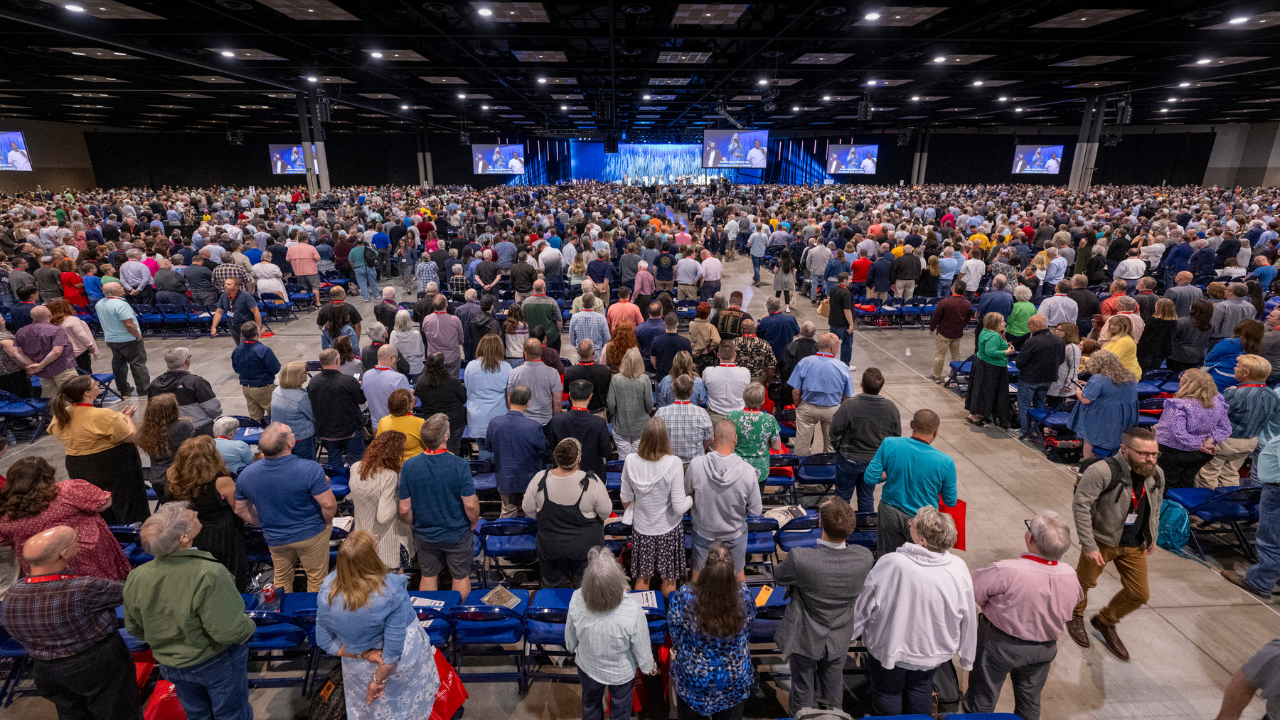
In late 2016, during his final weeks as vice president, Joe Biden decried the coarse presidential campaign the nation had just witnessed. “So much for the shining city on the hill,” he said. Yet on Friday, the day after his painful debate performance, Biden called the United States “the finest and most unique nation in the world,” the only one built not on ethnicity, geography or religion but on the ideal of human equality. Donald Trump, for his part, has gone from praising American exceptionalism (“really a great term”) to dismissing it (“I don’t like the term, I’ll be honest with you”) to hailing it again (“America is the greatest and most exceptional nation in the history of the world”) to claiming during the debate that, under Biden, “we’ve become like a third world nation, and it’s a shame.” His version of American exceptionalism is about beating the world, not leading it.
President Barack Obama told the graduates of West Point in 2014 that he believed in the nation’s exceptionalism “with every fiber of my being” and has lauded American values, including free speech and equality, “that, though imperfect, are exceptional.” His exceptionalism is more self-critical, regarding the American story as a struggle to live up to the truths of the Declaration of Independence, truths that may be self-evident but are hardly self-fulfilling.
As a presidential candidate in 2000, George W. Bush declared that God and history had chosen America as “a model to the world,” though, after Sept. 11, 2001, just modeling virtue would not suffice. “The survival of liberty in our land increasingly depends on the success of liberty in other lands,” Bush said in his second inaugural address, a justification to export that liberty via aircraft carrier if necessary.
Discussions of exceptionalism may seem obligatory among today’s candidates and yesterday’s presidents, but it was Reagan who cemented exceptionalism in the political vernacular. Throughout his two terms, the 40th president invoked “A Model of Christian Charity,” a sermon by John Winthrop, the Puritan lawyer and governor of the Massachusetts Bay Colony, who declared in 1630 that “we shall be as a city upon a hill; the eyes of all people are upon us.” Winthrop drew on the Gospel of Matthew, in which Jesus told his followers, “You are the light of the world; a city set on a hill cannot be hidden.” Reagan channeled Winthrop’s formulation, forever burnishing it with one memorable adjective.
Reagan’s city “hummed with commerce and creativity,” he said, and his tenure in office had left it “more prosperous, more secure and happier.” The city stood tall, proud and, yes, “shining” for all the world to see. There were other passages that seemed written for a national anthology — Reagan referred repeatedly to the “great rediscovery” of American values that had occurred during his term, for instance — but it was the shining city that captured the self-congratulatory ethos of the time, an era that would soon proclaim the end of history, witness the fall of the Berlin Wall and affirm the indispensability of a single superpower.





